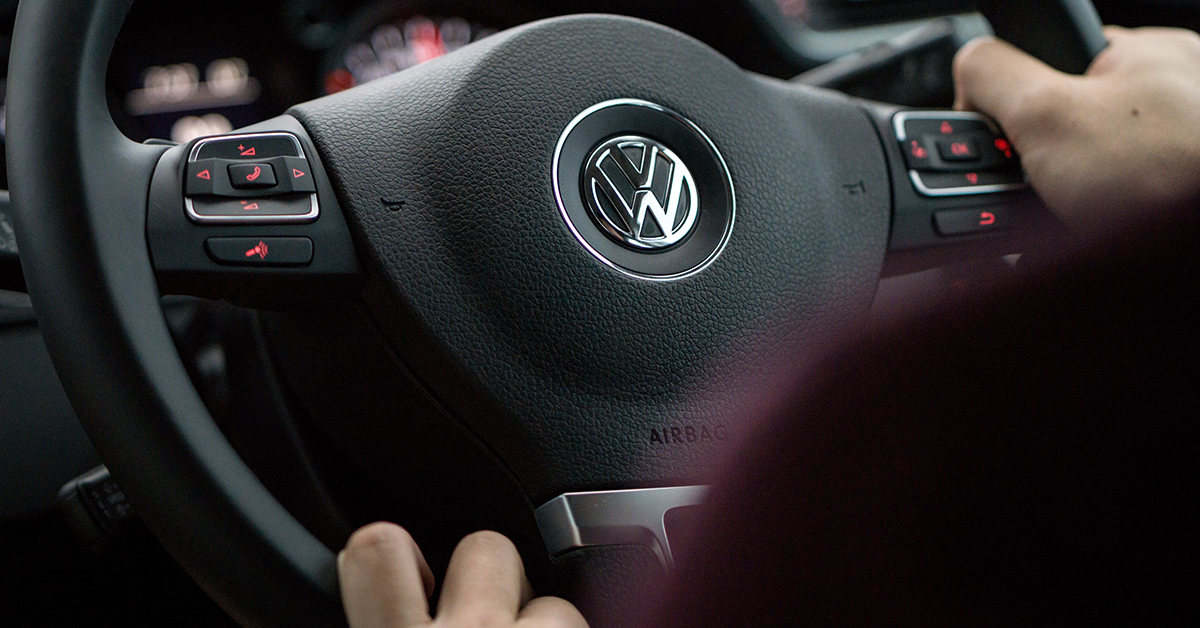Porsche boss Oliver Blume will now lead theVolkswagen Group.

Volkswagen Group’s outgoing CEO, Herbert Diess, is credited with steering the carmaker out of the “Dieselgate” emissions cheating scandal and transforming the company into an electric vehicle powerhouse. He is also known for clashing repeatedly with the powerful German trade union and for being unable to address software development delays that forced the launch of several key new models to be postponed. Last month, he was unceremoniously replaced, effective September 1, with Porsche boss Oliver Blume. The 54-year-old executive will now be tasked with finishing much of what Diess started—and making more friends than enemies along the way.
The ousting of Diess shocked the auto industry. Despite his aggressive management, he seemed well on the way to potentially fulfilling his mission of catching up with Tesla and turning Volkswagen into the world’s largest EV producer by 2025. However, his suggestion last year that up to 30,000 jobs could be at risk in Germany if he could not cut costs sparked outrage. The slump in the company’s stock price and persistent reports of glitches in its vehicles’ electronic systems despite the creation of a costly in-house software division were the last straw. The company’s 20-seat supervisory board, which includes representatives of the Porsche and Piech families, officials from the state of Lower Saxony and—notably—labor leaders representing half the total votes, decided unanimously to show him the exit.
Blume, a mechanical engineer who joined the VW Group in 1994 as a trainee at Audi, is in many ways the antithesis of his predecessor. “The human component is always at the forefront for me,” Blume said in a statement upon his appointment: “Team spirit, fairness, and passion are essential for success.” At the helm of Porsche since 2015, he introduced popular new models, broke sales records and delivered double-digit profit margins. Yet, some noted, Blume does not bring much to the table when it comes to the software-related issues that contributed to the downfall of his predecessor, which might be a problem if you are in the business of producing electric—and increasingly autonomous—vehicles.



